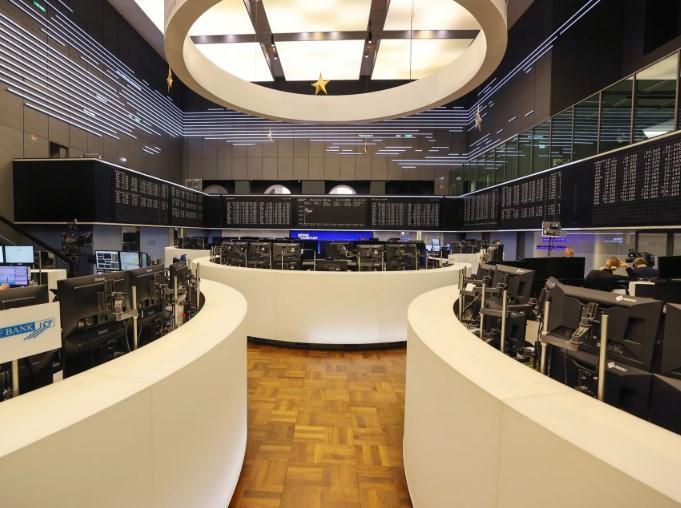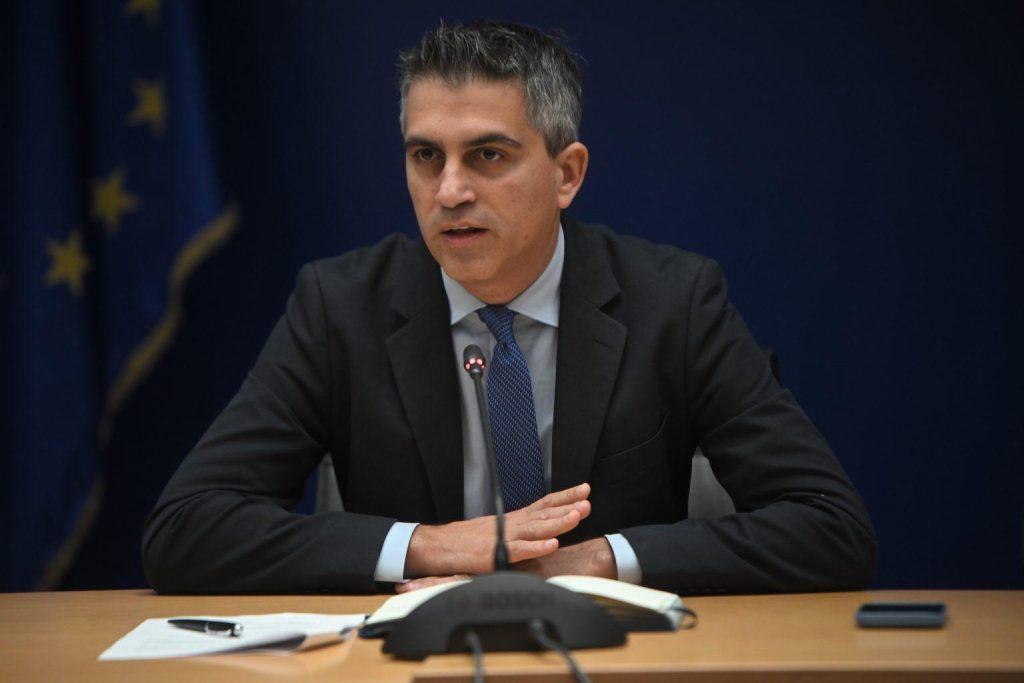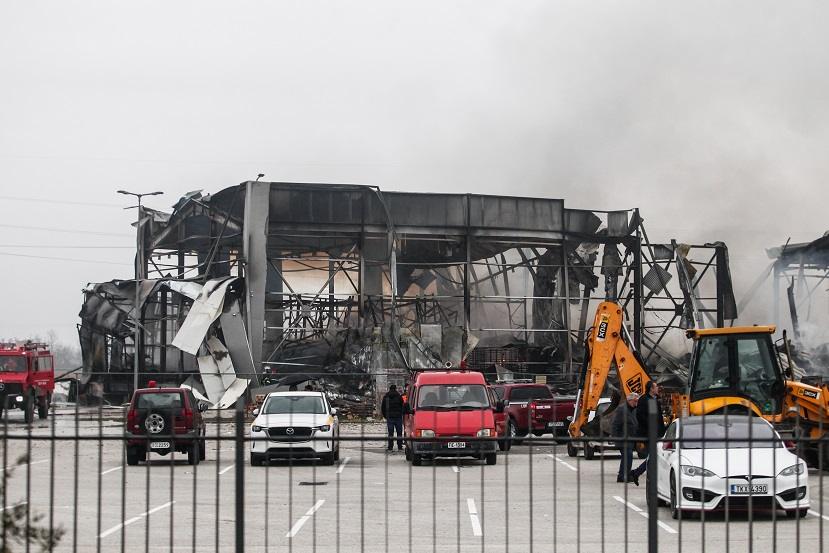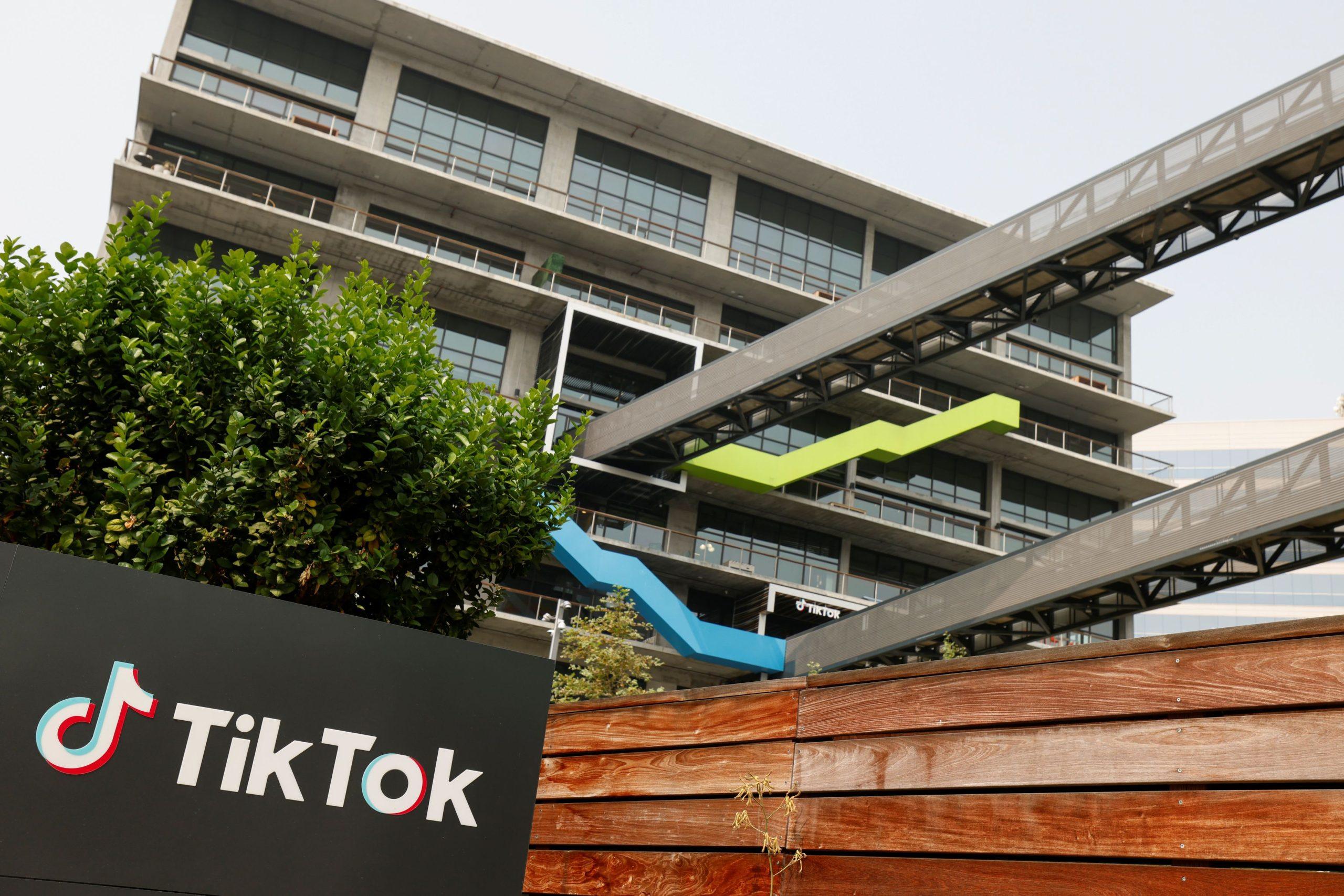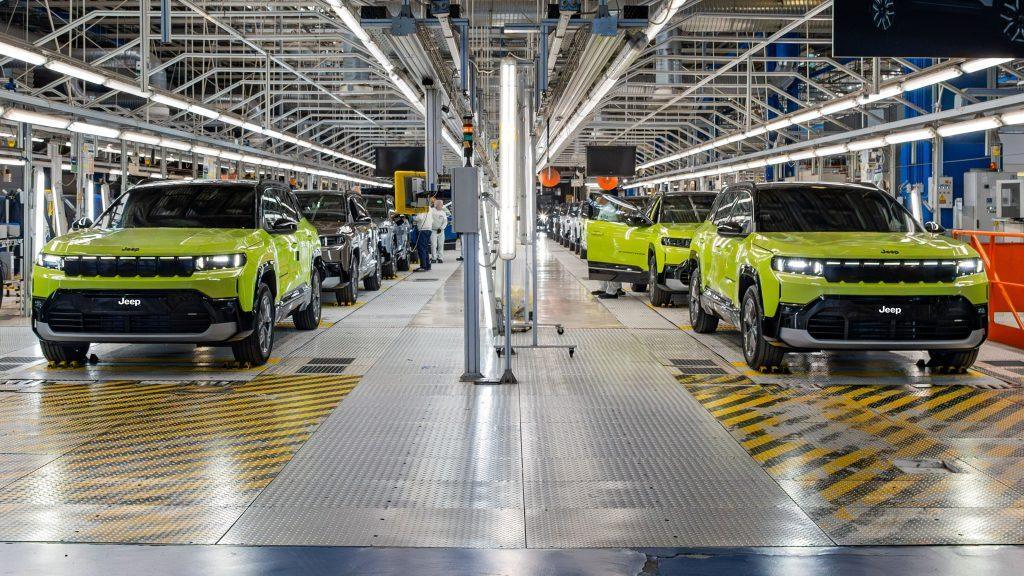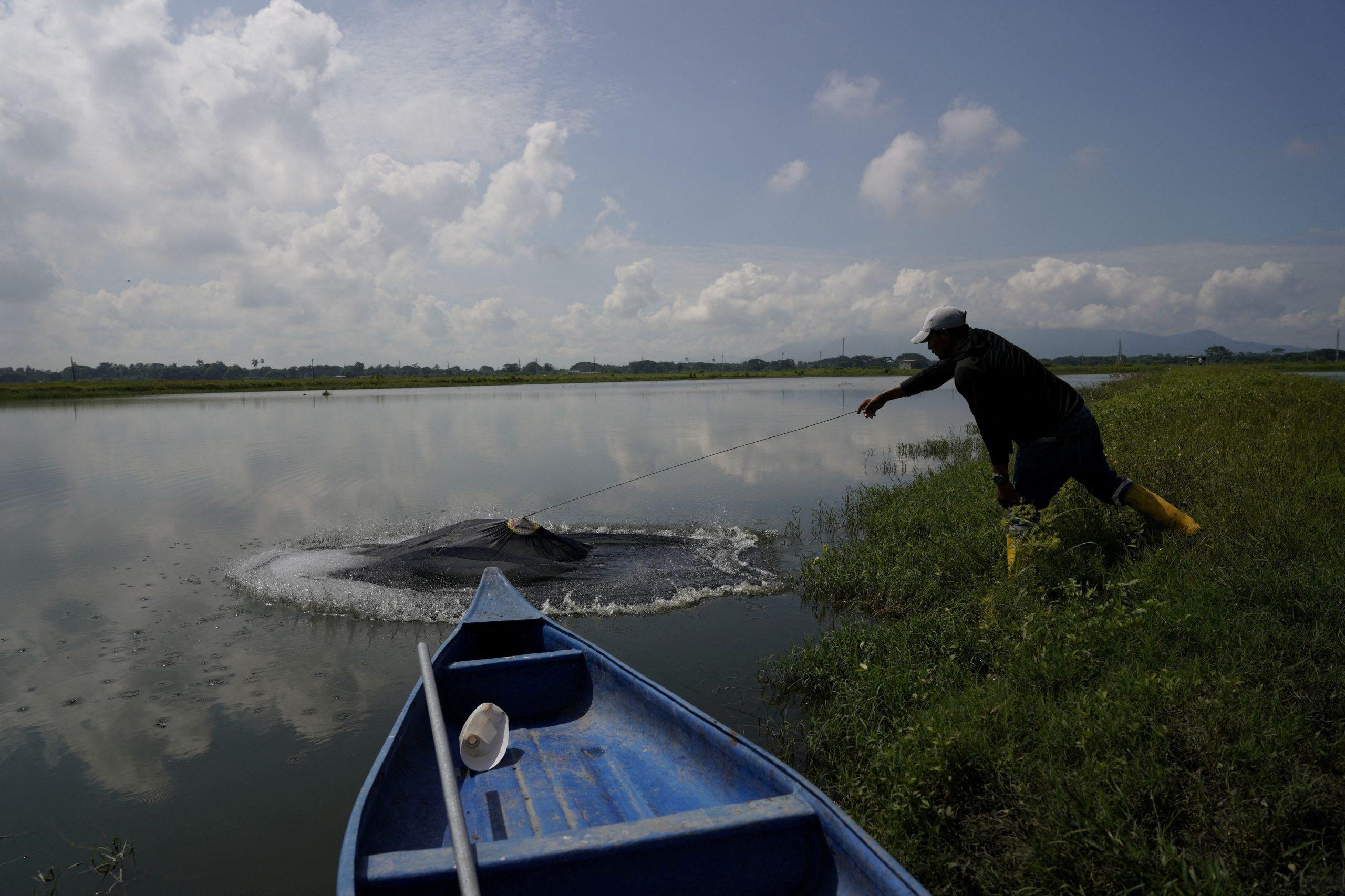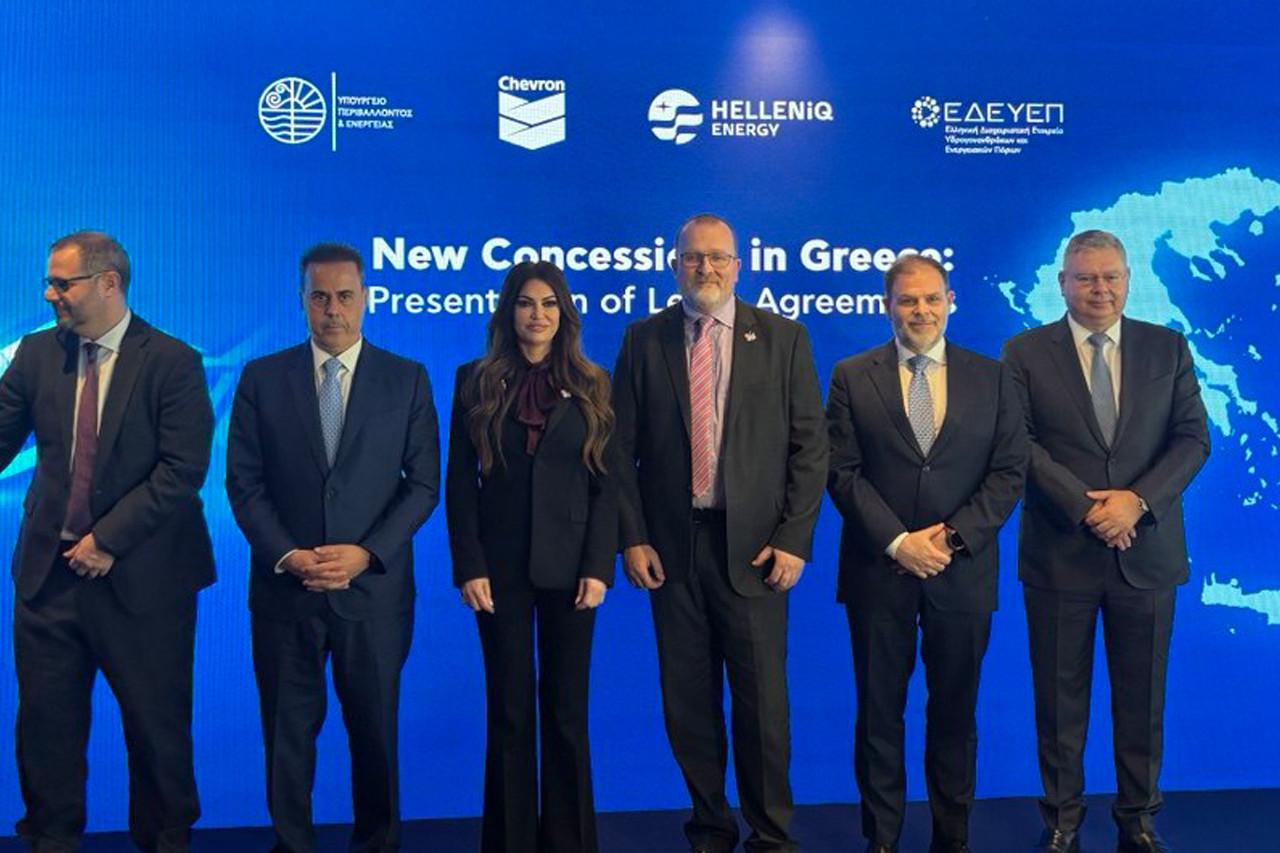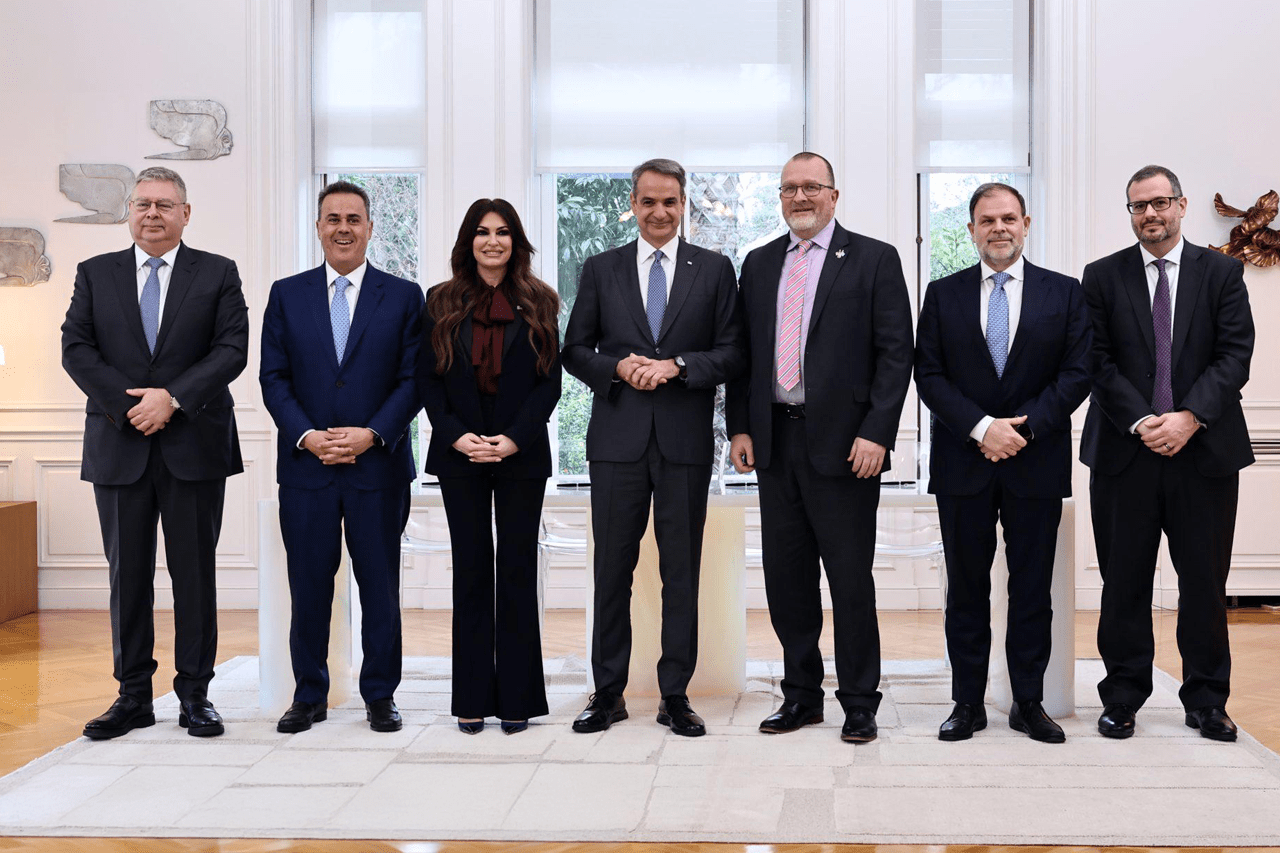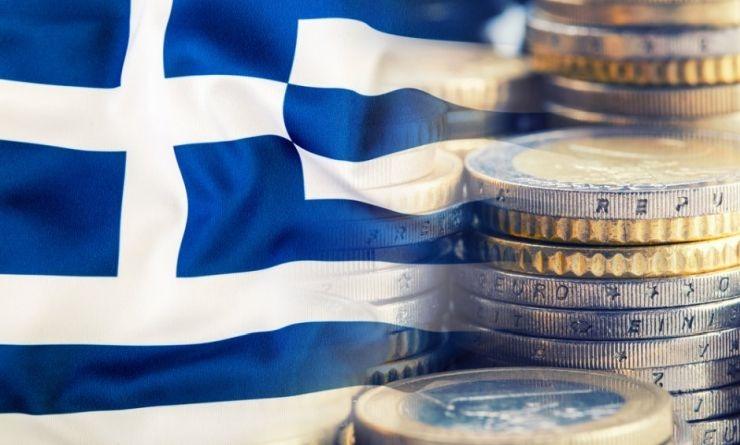To fulfil the IMO goals and take the maritime industry to zero-emissions, we need a new generation of fuels.
These fuels fall into roughly three broad categories:
- ‘Blue’ fuels from reformed natural gas with CCS.
- Biofuels from sustainable bioenergy sources (Bio-gas, bio-diesel)
- Electrofuels from renewable electricity, with non-fossil carbon, or nitrogen (SNG, e-ammonia, e-methanol)
Some of these types of fuels, biogas for example, are already in use, for others primarily non-zero carbon options are in testing or soon to be operational in demonstration projects (ammonia and hydrogen). These demonstrations will pave the way for commercial use.
It is hard to identify clear winners among the many different fuel options, however the experience obtained using LNG as fuel in maritime should not be undervalued. Being able to consider ammonia and bio-based methanol as promising fuels currently is thanks to the knowledge shed from the use of fossil liquified gas fuels.
All alternative fuel options are accompanied by benefits and challenges. Prerequisites for introducing a new fuel include availability of sufficient production and distribution facilities as well as an adequate bunkering infrastructure. In addition, new fuels in many cases require developments in today’s maritime technologies.
If we look at recent data, an interesting new development in 2021 was the number of vessels ordered with alternative fuel systems. DNV’s “Alternative Fuel Insight” portal closely monitored this trend throughout the year, and alternative fuel vessels made up 17% of all vessels ordered in 2021, but more than 36% by gross tonnage, demonstrating the increasing uptake of alternative fuels in larger vessels. This included over 240 ships with the possibility to use liquefied natural gas (LNG), 48 liquefied petroleum gas (LPG), 22 methanol, and four hydrogen.
Ordering for LNG vessels continued into 2022, with 70 newbuildings already in the books as of April 1st. Just in the containership sector, LNG-capable container vessels now make up a quarter of the sector’s newbuilding orderbook, and the majority of these newbuildings will enter the market in 2023 and 2024.
The viability of alternative fuels varies greatly for different ship types and trades. Deep-sea vessels need to store very large amounts of bunkers. While for short sea, the options are more diverse, also including the possible use of electric or hybrid-electric power and propulsion systems.
This increasingly diverse fuel and technology environment means that engine and fuel selection now is more complex. Factoring in the impacts of availability, price, and policy on different fuels, makes the choice even more difficult. A ship should be designed to allow for the needed upgrades or fuel changes later in its lifetime.
With between 1,000 and 2,000 ships expected to be ordered annually through 2030, there’s a real need for informed decisions that consider a diverse array of factors; from cost, to fuel storage and propulsion, through to flexibility in design, strategic approach, and fuel ready solutions. And of course, all of this is underpinned by the need for safety.
New safety risks are presented by alternative fuel technologies required for decarbonization – for example, ammonia is highly toxic, and hydrogen is easily ignitable – and it is therefore necessary to develop new class rules and safety regulations to mitigate these hazards. DNV sees a requirement for renewed risk controls and a new regulatory approach based on individual fuel assessments, as well as greater industry knowledge and experience of these potential safety risks – with class set to play a vital role in this regard.
DNV has already issued classification rules for the use of LNG, ammonia, fuel cells, methanol, ethanol, and LPG to safeguard against fire and the release of toxic gases. The “Fuel ready” notation is applicable for ammonia, LNG, LPG and LFL (methanol) as a ship fuel – either individually or for more than one fuel at the same time to allow flexibility in the future. DNV has also taken the lead in joint industry projects to develop safety guidelines for the use of hydrogen and batteries.
Collaboration fuels the future of maritime
Getting to carbon-zero is the greatest challenge of our time for the global maritime sector.
Decarbonization is a shared responsibility that will require cooperation across and beyond the maritime industry. The industry requires support in terms of the development of production, storage, and bunkering infrastructure for green fuels, as well as zero carbon electricity generation, to reach this goal.
The scene is set for a maritime renaissance by collaborating. The decarbonization pathway is long and not easy, but together we can find the best solutions consulting expert partners and embracing fuel flexibility.

Leonidas Karystios, Regional Business Development & Gas Segment Director, DNV Maritime

